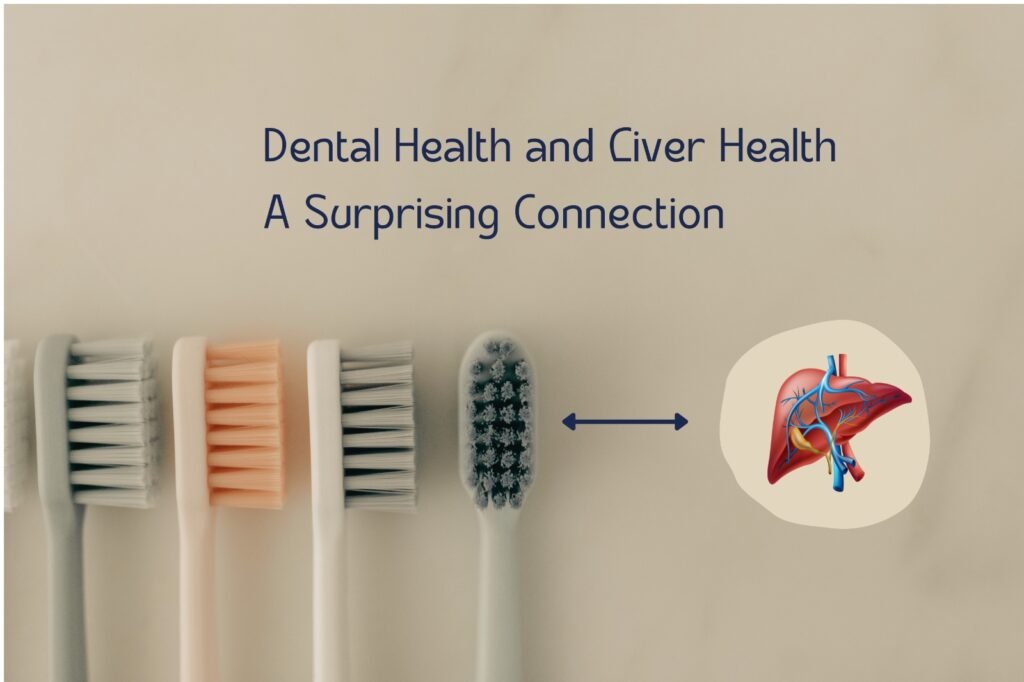
It might seem surprising, but the health of your mouth and the health of your liver are interconnected. While dental issues may appear to be unrelated organs, they can significantly impact liver function. This blog post will explore the connection between dental and liver health, providing insights into how oral hygiene can contribute to overall well-being.
The Oral-Systemic Link
The “oral-systemic link” concept highlights the relationship between oral health and overall health. The mouth is a gateway to the body, and accumulating bacteria can enter the bloodstream and travel to other organs, including the liver.
How Bacteria Can Affect the Liver
When bacteria from the mouth enter the bloodstream, they can trigger an inflammatory response in the liver. This inflammation can lead to a variety of liver problems, including:
Fatty liver disease: Excess fat accumulates in the liver cells, causing inflammation and potential damage.
Cirrhosis: Chronic inflammation can lead to liver tissue scarring, impairing its function.
Liver cancer: In severe cases, chronic liver inflammation can increase the risk of developing liver cancer.
Dental Issues and Liver Health
Several dental issues can contribute to the accumulation of bacteria in the mouth and increase the risk of liver problems. These include:
Gum disease: Gingivitis and periodontitis are inflammatory conditions that can lead to the breakdown of gum tissue and bone. Bacteria can enter the bloodstream through these damaged areas.
Cavities: Untreated cavities can become infected, providing a breeding ground for bacteria.
Poor dental hygiene: Brushing, flossing, and regular dental check-ups are essential for preventing the buildup of plaque and tartar, which can harbour harmful bacteria.
Liver Disease and Dental Problems
Conversely, liver disease can also lead to dental problems. People with liver disease may have weakened immune systems, making them more susceptible to mouth infections. Additionally, certain medications used to treat liver disease can cause dry mouth, increasing the risk of cavities and gum disease.
Maintaining Good Oral Hygiene
To protect both your dental and liver health, it is essential to practice good oral hygiene. This includes:
Brushing twice a day: Use fluoride toothpaste and brush your teeth for at least two minutes each time.
Daily Flossing: Flossing helps remove food particles and plaque between teeth.
Using a mouthwash: A mouthwash can help kill bacteria that brushing and flossing may miss.
Seeing your dentist regularly: Schedule regular dental check-ups and cleanings to identify and address any dental problems early.
The connection between dental health and liver health is undeniable. By maintaining good oral hygiene and seeking regular dental care, you can help protect both your teeth and your liver. If you have concerns about your dental or liver health, consult a healthcare professional for personalized advice.

